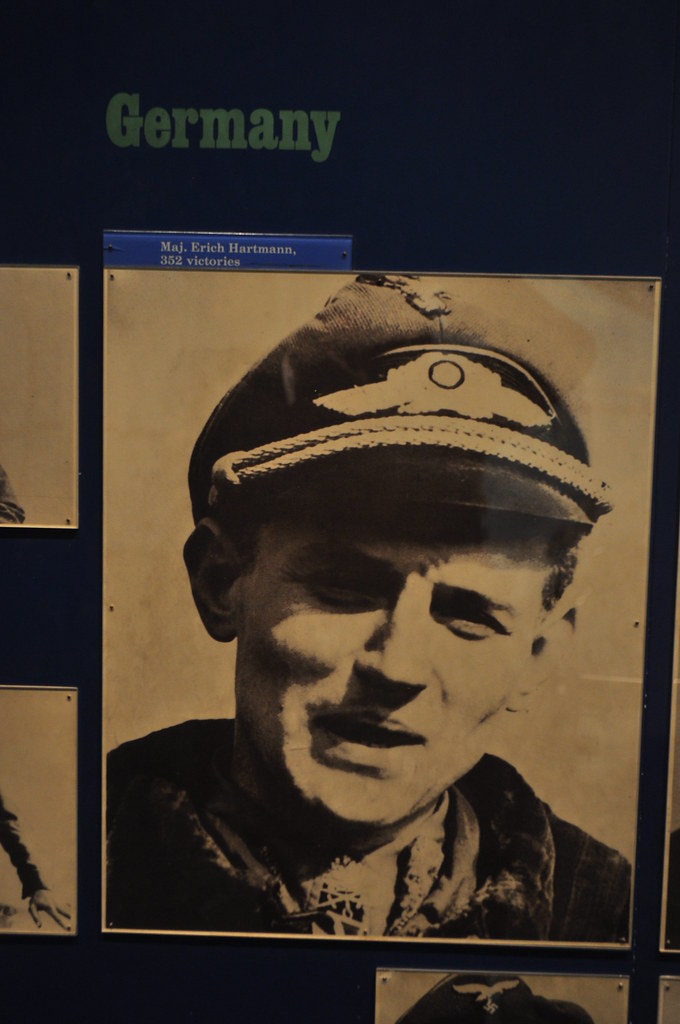
Born on April 19, 1922, in Weissach, Germany, Erich Hartmann, famously known as “Bubi” and “The Black Devil”, entered the world stage during a time of global unrest.
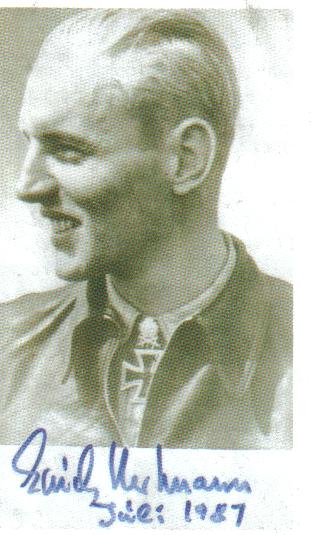
His father, a World War I Army doctor, and his mother, a licensed pilot, would unwittingly set the stage for Erich’s destiny in the skies.

Despite his father’s dreams of Erich pursuing medicine, the allure of aviation, fueled by his mother’s passion, proved irresistible.
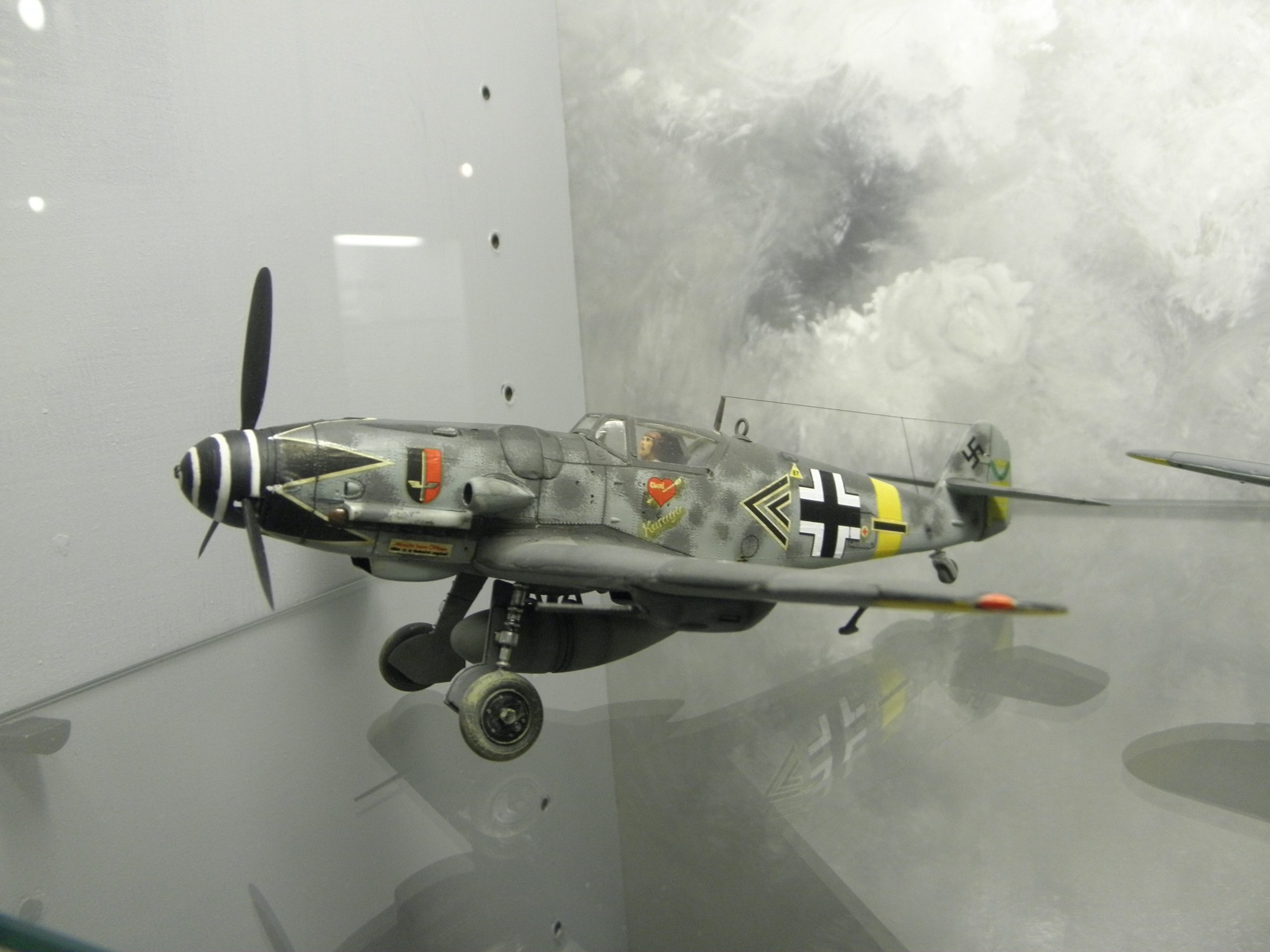
By the tender age of fourteen, Hartmann was already a licensed glider pilot. His adeptness in flight eventually led him to join the Luftwaffe, where his journey to becoming the greatest fighter pilot in history began.
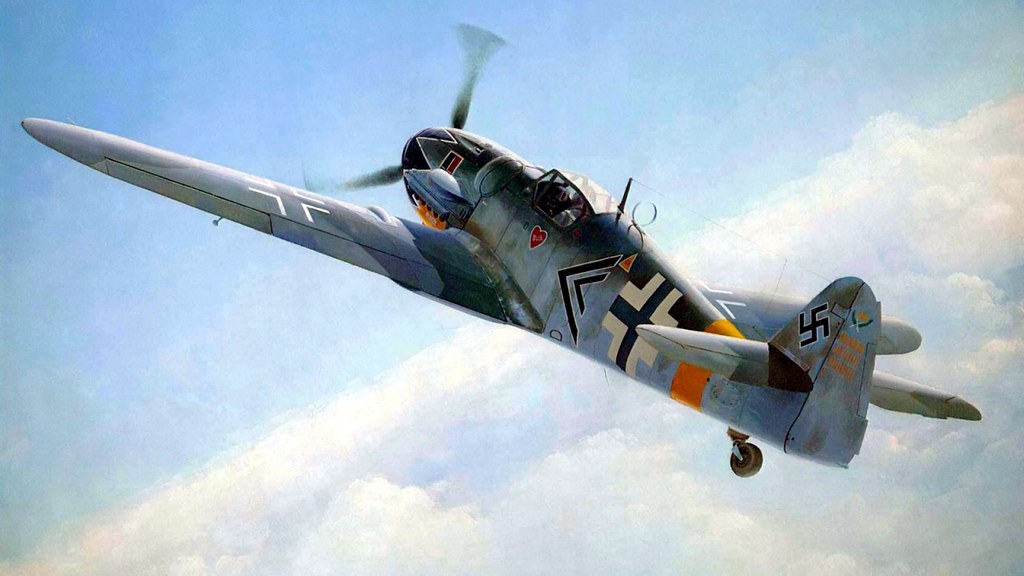
In October 1940, Hartmann’s military flight training commenced in East Prussia, and his prowess in the skies quickly became evident.
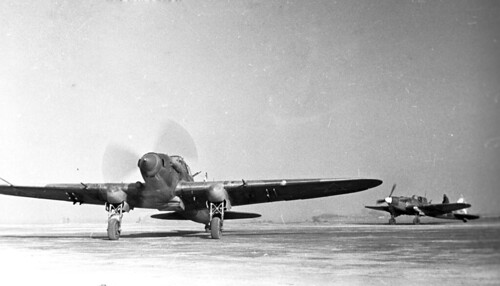
Hartmann’s first taste of victory, a Shturmovik IL-2 downing on November 5, 1942, taught him the importance of close combat engagement.
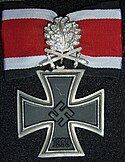
His meteoric rise through the ranks culminated in receiving the Knight’s Cross, Oak Leaves, Swords, and Diamonds—Germany’s highest military honors at the time.
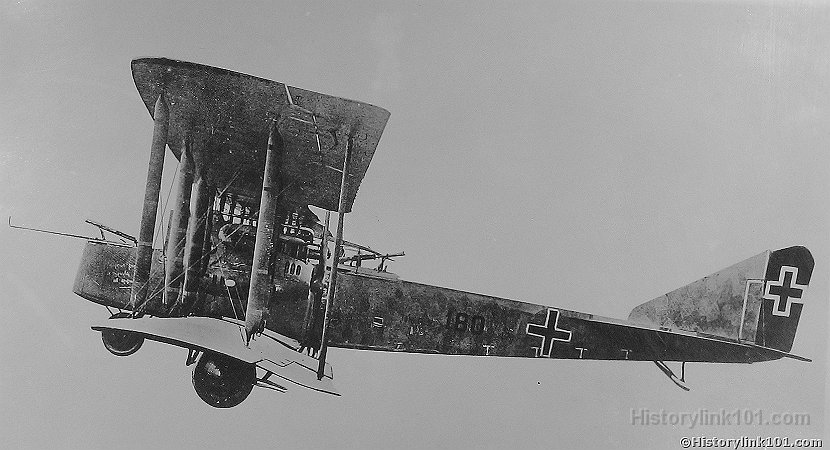
Amassing an unmatched tally of 352 confirmed aerial victories, he flew an estimated 1,456 missions—a testament to his unmatched skill and tenacity.

Despite his aerial prowess, Hartmann’s war story was far from over.

His capture by Soviet forces in May 1945 and subsequent decade-long imprisonment tested his resilience to the core. Yet, it was the thoughts of his beloved wife, Ushi, and his unwavering faith that saw him through the brutal interrogations, hunger, and psychological warfare.
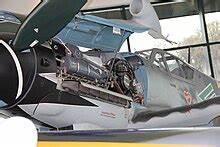
Erich Hartmann’s final formal interview before his death in 1993 is a candid recollection of his life’s trials and triumphs.
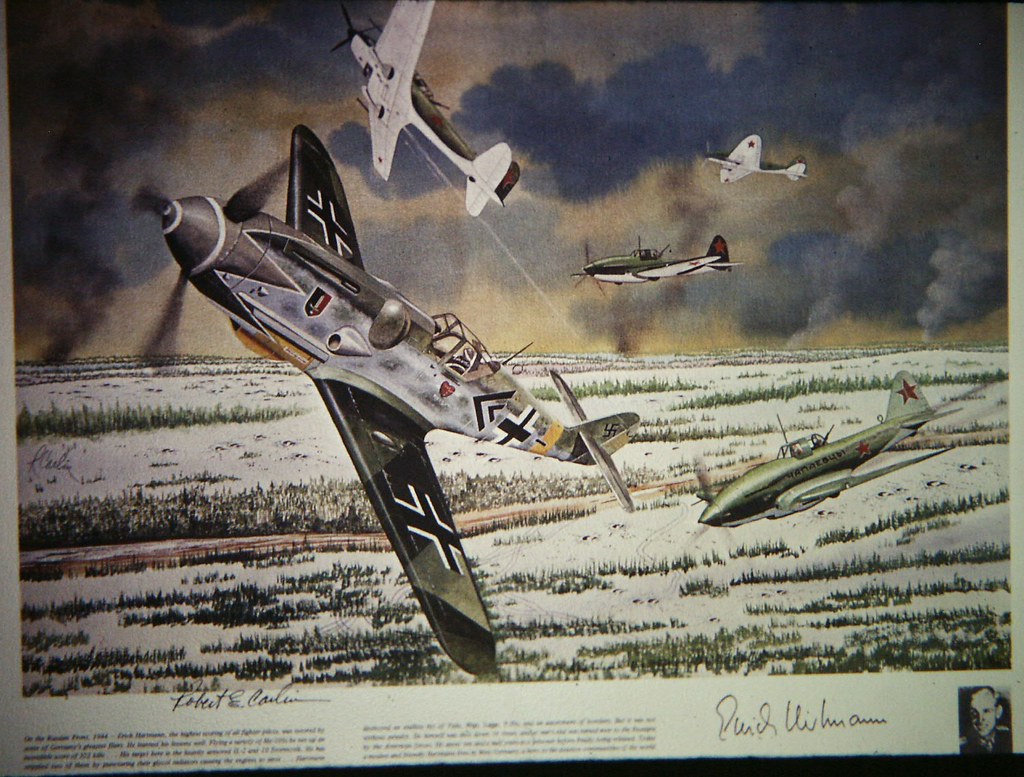
He speaks of his capture and daring escape, the bonds forged in battle, and the profound love that withstood the horrors of war and captivity.

Upon his release and return to Germany in 1955, Hartmann learned of the deaths of his son and father—losses that would leave an indelible mark on his soul. Despite the pain, he found solace in the arms of Ushi and his mother, who had unwaveringly believed in his return.
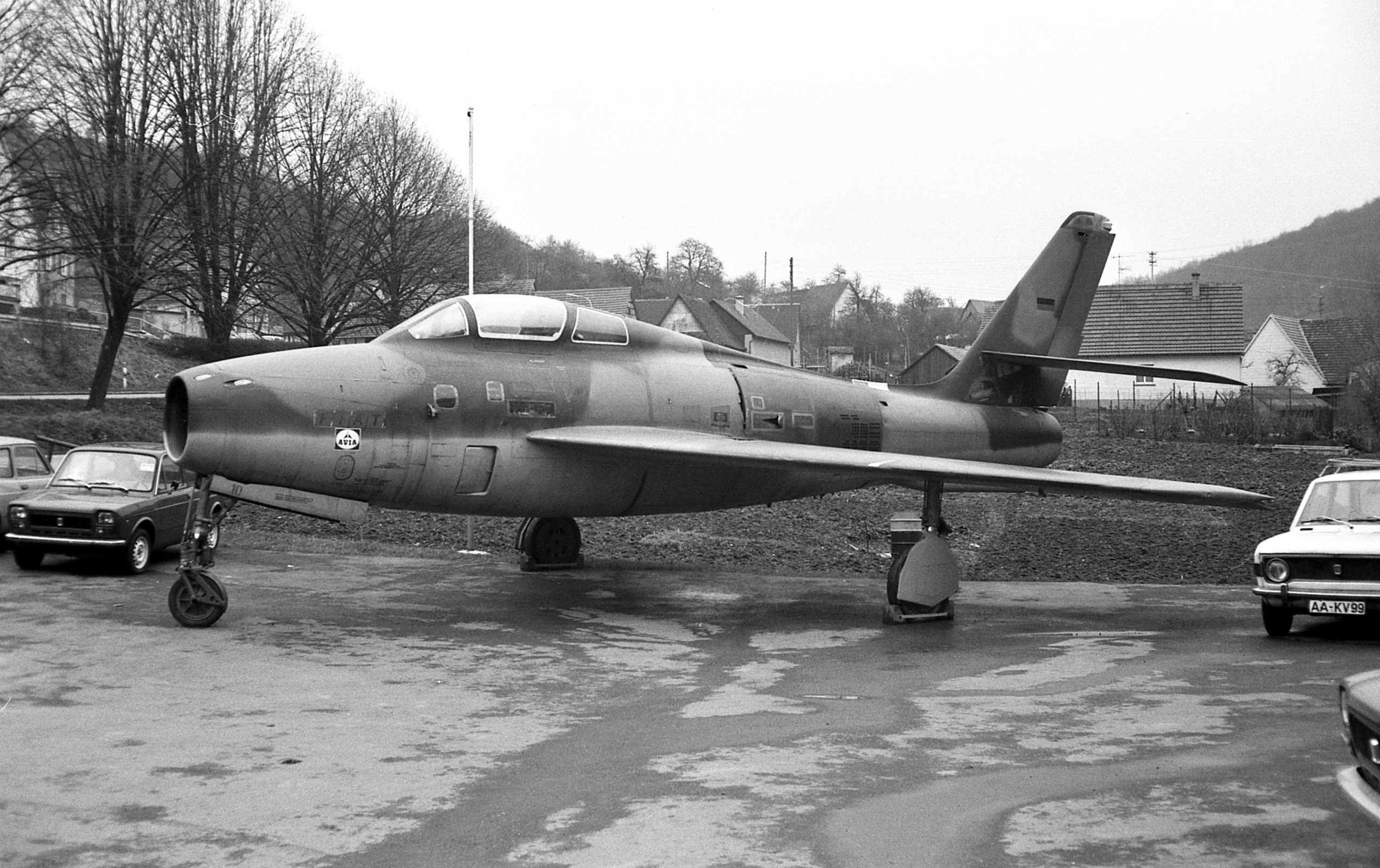
Erich Hartmann’s eventual decision to join the Bundesluftwaffe and become the first Kommodore of the new JG-71 “Richthofen” was a testament to his enduring love for aviation and his country.
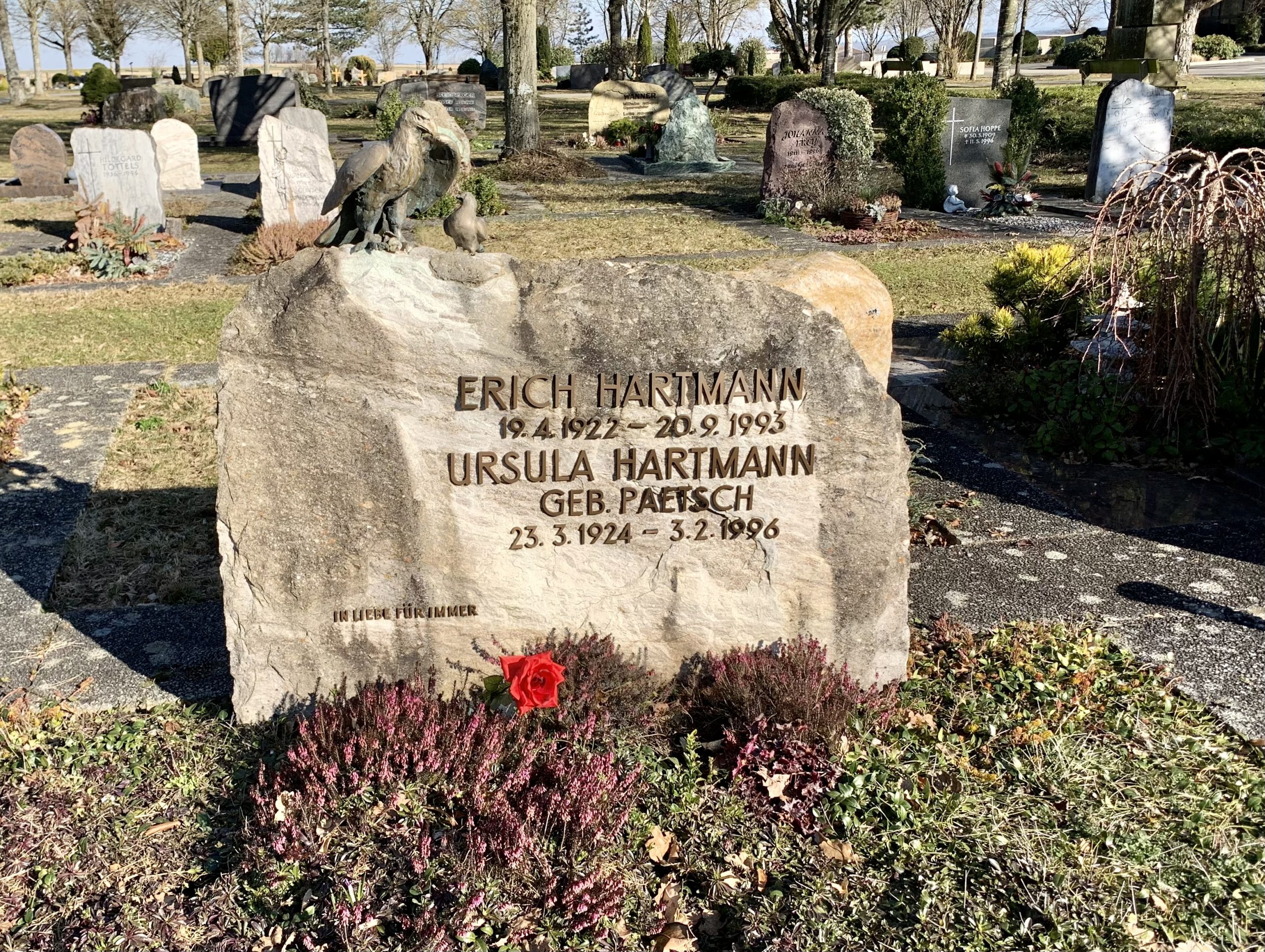
Even after retirement, he continued to share his expertise, becoming an instructor and joining aerobatics teams.
Relevant articles:
– Final Interview with Erich Hartmann, MiGFlug
